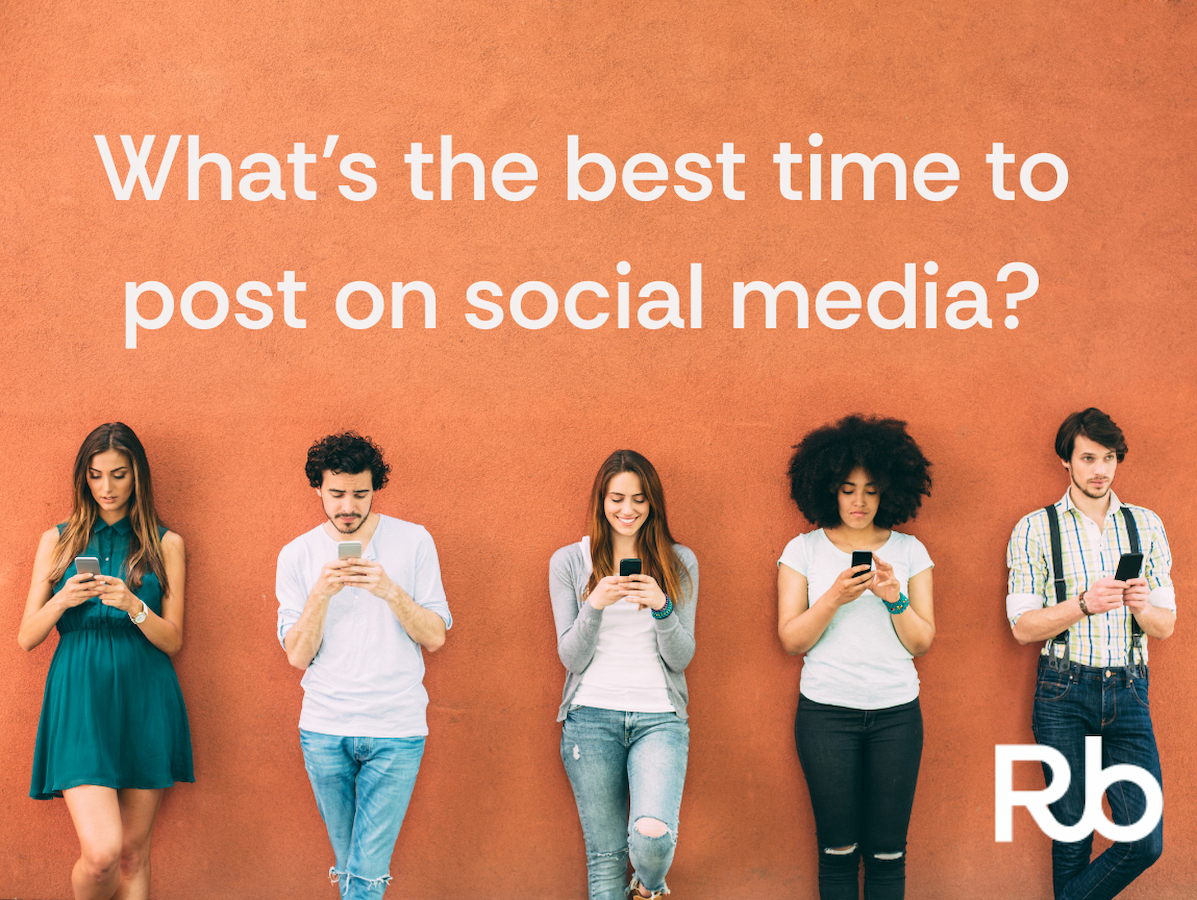Nothing is more frustrating than putting thought and effort into a social media post only to have it flagged or blocked by Facebook, Instagram, or LinkedIn as suspected spam.
We can’t blame social companies for moderating their platforms. They are responsible to their users to minimize spam and eliminate potentially harmful content. To do this at scale, they must create (largely hidden) rules and rely on AI and bots to help sort the vast amounts of content created and shared daily.
Sometimes they make mistakes. So, if you’re facing this issue, you’re not alone. Let’s look at why this happens and how to decrease the chance your links will be flagged for review.
How social platforms evaluate link trustworthiness
Content moderation is a massive undertaking for social media companies: Instagram users post 95 million photos and videos daily, and Facebook has over two billion monthly active users. These sites rely on both manual and algorithmic reviews to quickly evaluate millions of posts and weed out potential security risks.
While manual review is typically reserved for the most egregious violations of community guidelines, machines assess most posts and the links inside them. Algorithmic review involves setting rules and using a computer program to flag links that violate them. Algorithms detect spam links by relying on common trust signals. These include:
- Domain reputation. Is this a domain that users have frequently flagged as unsafe? Or a domain that is widely known for providing a home to spammers?
- HTTPS vs. HTTP: HTTPS is considered more secure and trustworthy.
- Link consistency: Frequent, legitimate linking from an account vs. erratic or unusual link patterns.
Common reasons links are flagged as spam
There are several reasons that totally legitimate posts may be flagged for review:
- Frequent Posting: Posting the same link or text repeatedly in a short timeframe can trigger spam filters.
- Suspicious or Unsecure URLs: Non-HTTPS links, excessive tracking parameters, or obscure shortened URLs may appear untrustworthy.
- Redirects and Affiliate Links: Multiple redirects or affiliate links are often flagged as suspicious, particularly if they obscure the final destination.
- Low-Quality Content or Irrelevant Links: If the content isn’t relevant to the platform’s audience or the link leads to low-quality or ad-heavy pages, it’s more likely to be flagged.
- History of Spam Behavior: If an account has a history of spamming, its links may automatically face stricter scrutiny. New accounts created in the past few hours or days are also more likely to post spam, so platforms may monitor them closely.
3 Ways to create more trustworthy links
Having your link blocked when it’s not spam can be very frustrating. There are a few proactive steps you can take to prevent this:
1. Use branded links instead of generic ones
Brands implement link shorteners for social media to meet character requirements, increase memorability, and access tools like UTMs, analytics, and retargeting pixels. However, spammers also favor many generic link shortener URLs. Using one, even for legitimate purposes, could be enough to have your post flagged as suspicious.
While generic shortened URLs can create uncertainty, branded links (like yourbrand.bio/offer) establish immediate recognition by incorporating your brand’s name directly in the URL. This visual consistency across platforms helps verify the authenticity of your content for users and bots alike.
2. Make sure your links are encrypted with HTTPS
Link security affects how social platforms evaluate your content. SSL encryption creates a secure connection between servers and browsers, keeping all transmitted data private and building essential user trust. Many social sites and browsers now flag HTTP links with security warnings or block them entirely, treating them as potential security risks.
Even links without sensitive information benefit from HTTPS, as it signals professionalism and reliability while preventing your content from being restricted by increasingly strict security protocols.
Unfortunately, many link shorteners do not support HTTPS encryption or offer it only on higher-priced premium plans. Choose a link shortener that prioritizes security features like HTTPS by default. This prevents malicious code injection and data interception, making social platforms more likely to approve your links.
All Rebrandly links are automatically encrypted, regardless of plan.
3. Keep your link structure simple
Complicated links with many tracking cookies and multiple redirects raise red flags for social media algorithms. Keep your link structure direct.
When users click your link, they should go straight to the intended destination without passing through multiple domains or tracking services first. Remove unnecessary tracking parameters from URLs when possible. Complex parameters with random characters often trigger spam detection systems. With a URL shortener like Rebrandly, you can build your UTM tracker directly into your link to avoid a long, ugly text string.
Multiple redirects create red flags for social media algorithms. Each redirect adds another weak point where tracking or malicious activity could occur.
If you’re sharing multiple links and want to ensure they don’t get flagged, consider an optimized link in bio tool like Link Gallery. Unlike most link in bio tools, Link Gallery is a hosted microsite on your own domain, which means there are no redirects involved. Users are taken directly to your site, where you can share multiple links and resources.
What to do if your links are still being flagged for review
If you follow the above guidelines and your links continue to be flagged or blocked, there are several more steps you can take:
- Appeal or report to the platform: Most social media platforms have an appeal process if you believe your link was mistakenly flagged. Unfortunately, depending on the platform, it may take a long time to hear back, if you get a response at all.
- Consider alternative link options: If the domain you’re using is repeatedly flagged,, consider posting links using a different, more reputable domain.
- Optimize your account’s trustworthiness: To improve account credibility, maintain a consistent posting schedule and avoid spammy behavior across all content, not just links. Remove flagged followers, confirm there is no inappropriate content in your archives, and focus on building a solid user base.
Create links that everyone trusts
Algorithms are simply a set of rules enforced by machines. If you learn the rules, you can post your content successfully without issue.
However, winning your potential audience’s trust takes hard work and consistency. Employing trustworthy, fully encrypted, simple, and branded links does more than just make you look human. It helps build trust and increase click-through rates by as much as 40%.
Discover how Rebrandly’s branded links can make your content more effective and trustworthy: sign up for a free account to get started!









